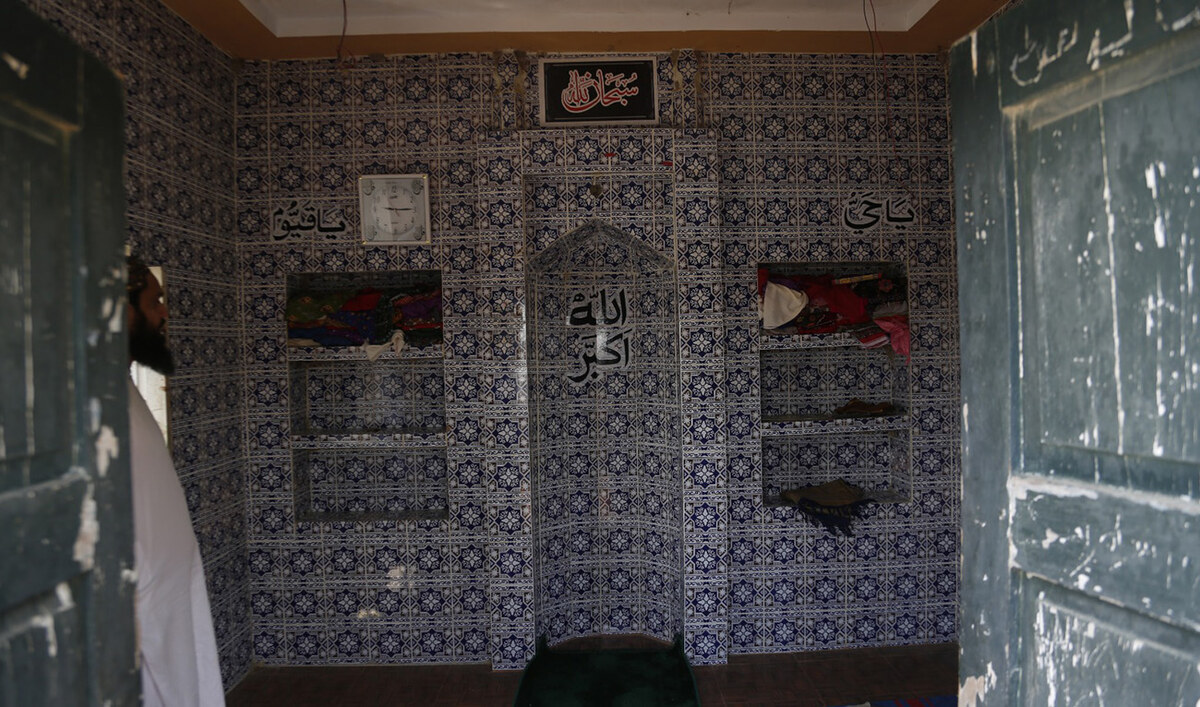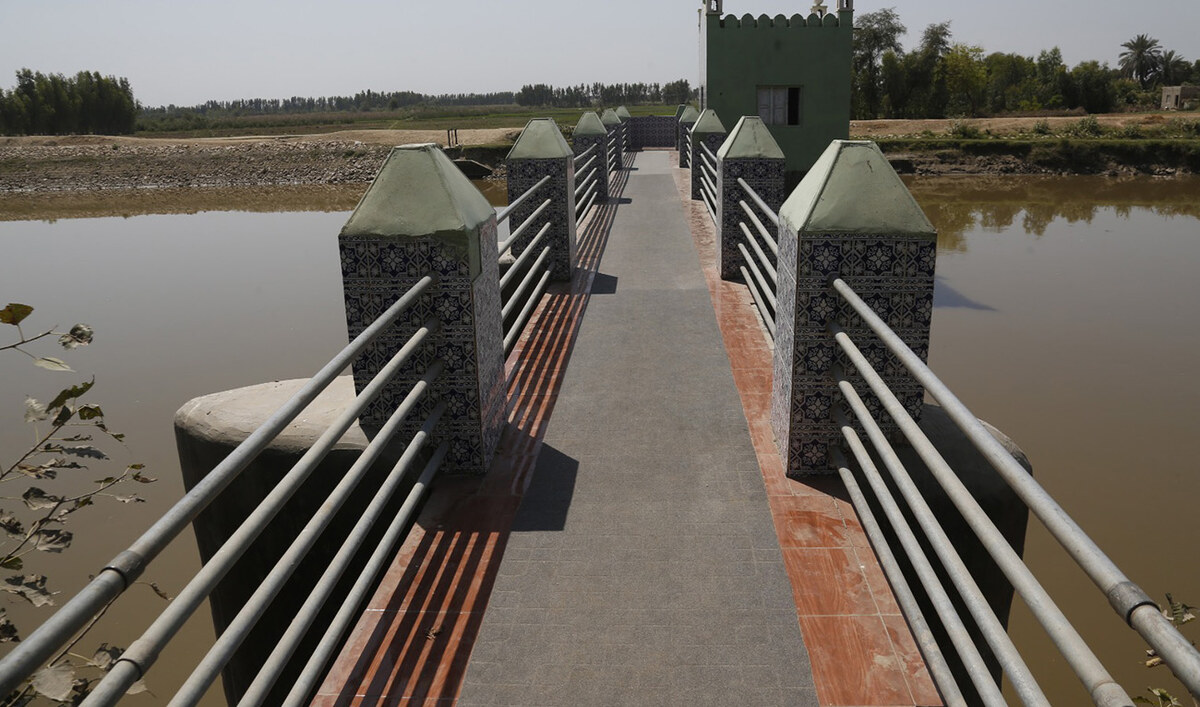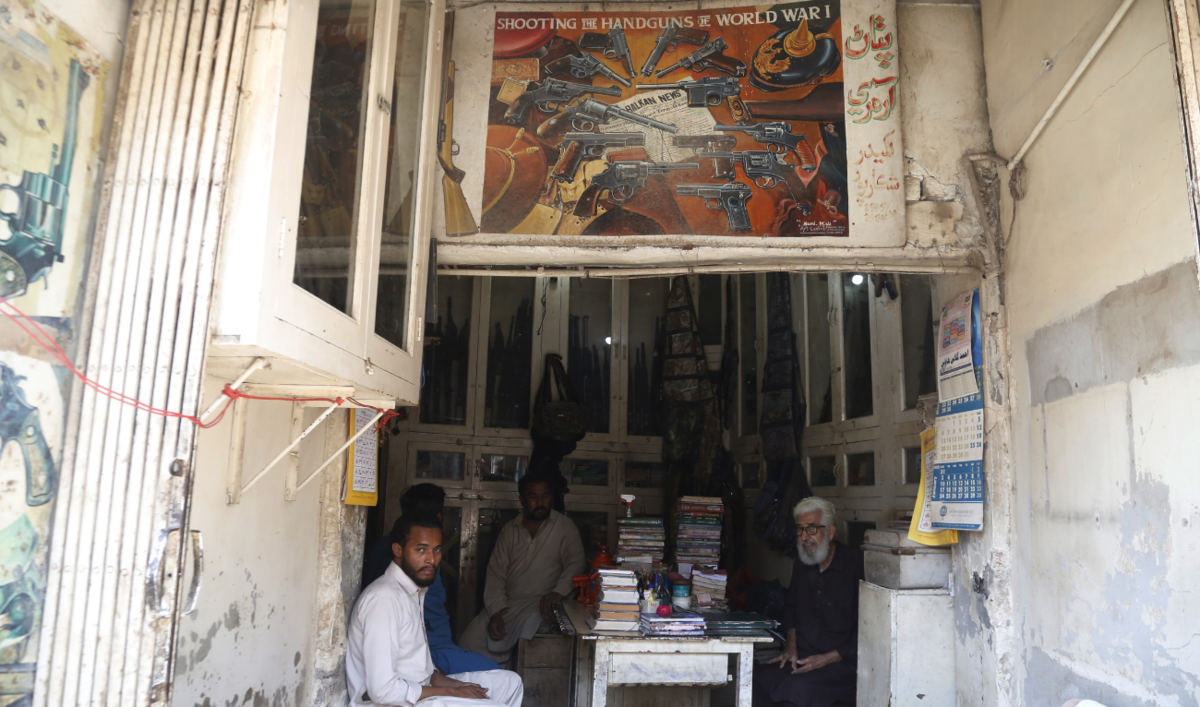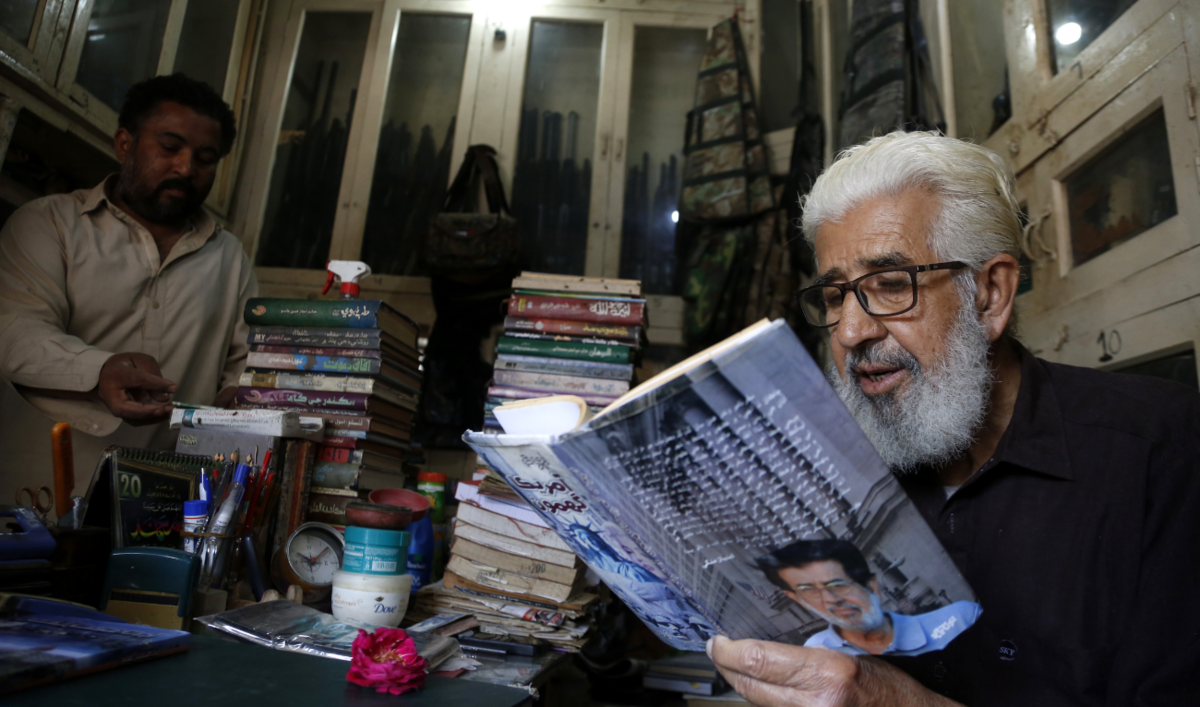KARACHI: Pakistan’s legislators will next month explore ways to reduce Hajj costs for the country’s aspiring pilgrims, amid depreciating rupee values and higher taxes, officials said on Sunday.
On Thursday, officials of the Religious Affairs ministry told the senate’s standing committee on Religious Affairs and Inter-faith Harmony that 179,000 Pakistanis were scheduled to perform the Hajj this year and those on government packages could be paying an extra Rs. 115,000 ($743) per person as compared to last year-- a 20 percent increment.
“A very important meeting of the standing committee (of National Assembly on Religious Affairs) will be held on February 3rd, in which it will be decided how much Hajj expenses should be. The meeting will consider all aspects of the expenses,” Muhammad Iqbal Khan, a member of the standing committee told Arab News on Sunday, and added that he was hoping for “good news.”
Pakistani officials say the rupee depreciation against the US dollar and other currencies in addition to the imposition of taxes by Saudi authorities, are the primary reasons behind soaring expenses falling on Pakistani pilgrims this year.
Last year, a Saudi riyal was equal to Rs. 39 when the Hajj policy was announced. This year, the riyal has appreciated to Rs. 41.21.
Khan said: “The participants of the meeting, including Noorul Haq Qadri, Federal Minister for Religious Affairs and Interfaith Harmony and other government officials will consider options about how the government can reduce expenses and how tax issues can be discussed with the Saudi government.”
Pakistani Hajj operators also expect higher costs will reduce the number of people intending to perform the Hajj, compared to last year’s figures. Almost 200,000 Pakistanis performed the obligatory Muslim ritual last year.
“The government Hajj package is for those who have saved money throughout their life to perform Hajj, but the higher costs will make it difficult for poor Pakistanis,” Faisal Naeem, Chairman of Travel & Tourism, Hajj & Umrah committee of the Karachi Chamber of Commerce and Industry (KCCI) told Arab News.
“Most people save around Rs. 200,000 for the purpose of Hajj and borrow money to meet any additional expenses,” Dr. Abdul Jabbar Khan, senior economist, told Arab News.
“The higher costs will make Hajj unaffordable and this is due to government policies,” he said, adding that the depreciation of the rupee was not the responsibility of the people who had to bear the higher costs.
“It is the result of the government’s policies,” Khan said.
























